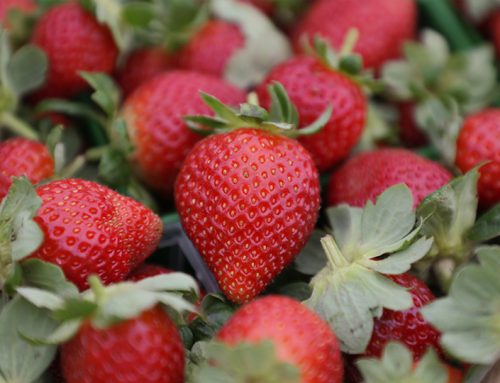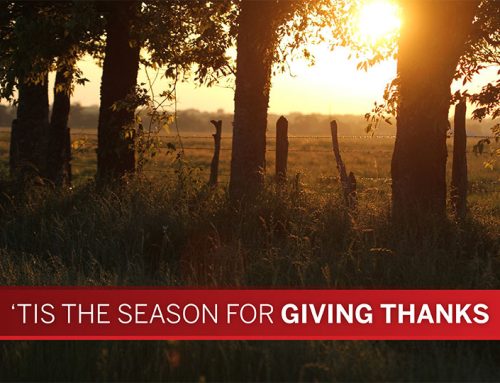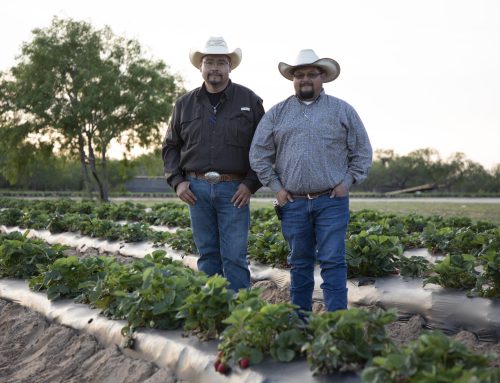By Jennifer Dorsett
COVID-19 has caused sweeping changes in the way we live and work. Social distancing, kids learning at home, work-from-home arrangements, shelter-in-place orders, stockpiling of groceries and household essentials…it’s a strange era in our nation’s history.
We’ve never experienced anything like this. But that doesn’t mean we should despair.
To prevent a massive healthcare crisis in the U.S., each of us should take every precaution we can to help flatten the curve and stop the spread of coronavirus.
We can do this through good herd health practices. While herd health may be a new concept to some, it’s a familiar concept to farmers and ranchers.
To keep their animals healthy, livestock owners take measures to limit their herds’ exposure to diseases wherever possible. They’re proactive. And they’ve been taking biosecurity seriously for years.
Common biosecurity practices on farms and ranches include isolation, resistance and sanitation.
Isolating new animals for a set period, similar to current quarantine guidelines for travelers, keeps asymptomatic but infectious animals from passing along diseases to the existing herd.
Optimal animal health plays a crucial role in disease resistance.
Farmers and ranchers work with a veterinarian to determine any treatments for livestock and poultry. They restrict access to their facilities to minimize potential for disease transmission.
A key practice in keeping a herd healthy is sanitation. Maintaining clean environments and disinfecting tools after each use keeps infectious materials at a minimum and helps stop the spread of pathogens and vectors of disease.
Herd health programs can be time-intensive and somewhat costly to implement.
But they matter.
Those protocols are important, and farmers and ranchers take pride in caring for their livestock.
But as we’re seeing now with COVID-19, containing and treating a disease outbreak requires effort and expense.
So, take a tip from farmers and ranchers and implement biosecurity measures in your own life.
Practice social distancing. Isolate yourself and your family from potential exposure to the virus.
Boost your resistance by taking care of yourself mentally and physically. Eat healthy meals, exercise and get enough sleep.
Wash your hands thoroughly. Disinfect and sanitize surfaces in your home that are prone to contamination, including countertops, doorknobs, faucet handles and trash cans.
We’re all part of the herd, so let’s all do our part. We’ll get through this if we work together to flatten the curve. From everyone here at Texas Farm Bureau, stay safe and healthy!











It is a very crucial time for everyone on this planet. We have to be very careful for ourselves and for animals too. Thanks for sharing this post.